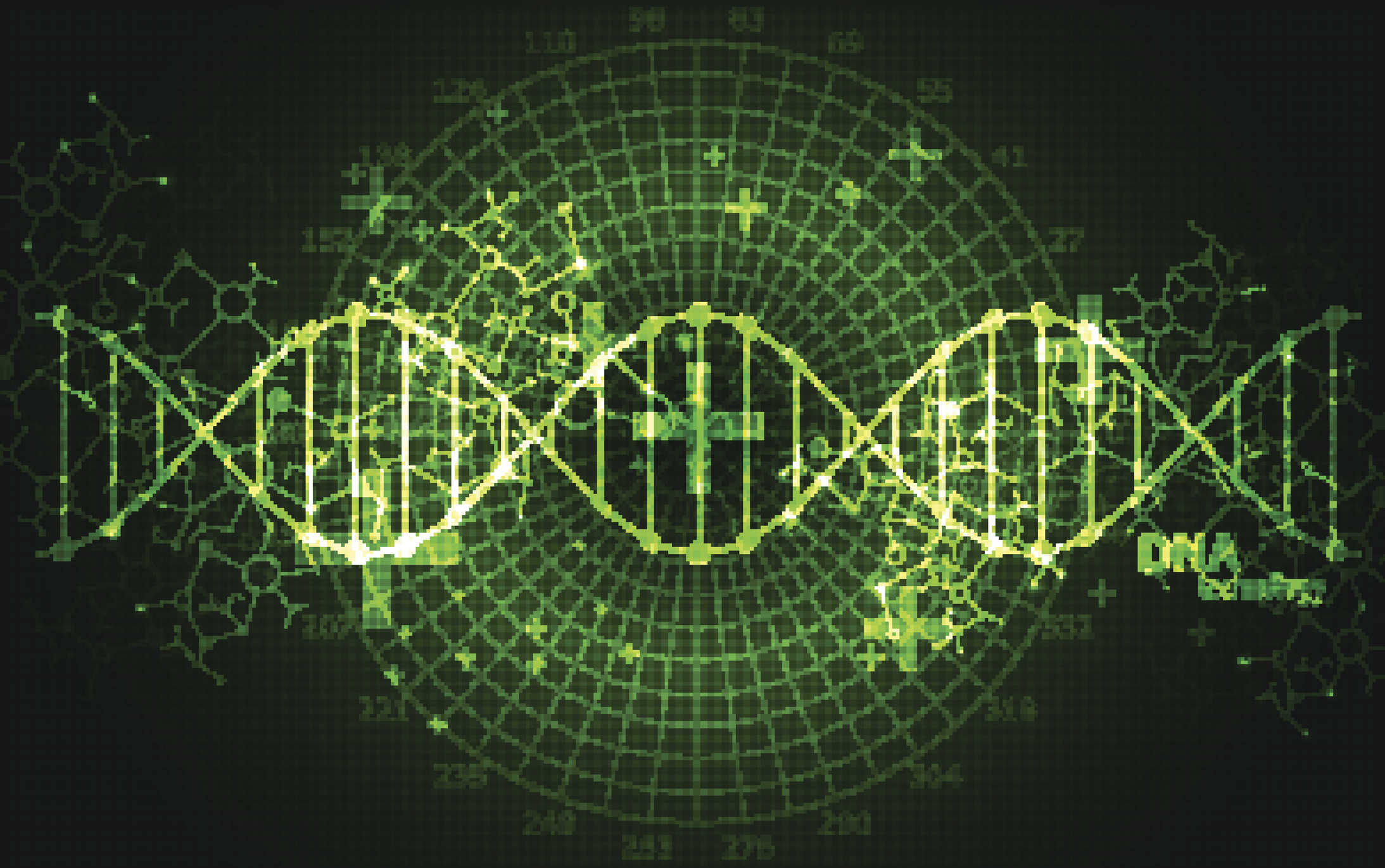As Dr. Suzan Wopereis, principal scientist at the Dutch applied research organization TNO, explained during a presentation, nutrition is becoming evermore personal as the industry creates more tools to quantify the impact of lifestyle on health.
“There is a growing consensus that environment and lifestyle habits, including diet, make us vulnerable to chronic diseases like type 2 diabetes and cardiovascular disease,” she said.
Therefore, TNO has initiated a research program focusing on personalized health to combat lifestyle-related diseases, aiming to develop knowledge, methodologies and prototypes that can be used by public and private partners to enhance their services and products.
It uses data and artificial intelligence (AI) to create tailored lifestyle recommendations, which are delivered through various formats, such as apps or wearables, providing real-time, actionable advice based on continuous monitoring.
“The ultimate goal is to reach different consumer groups and improve overall societal health,” Wopereis noted.
Evolving understanding
The concept of personalized nutrition has evolved over the past decade, Vimal Karami, professor of nutrigenetics and nutrigenomics at the University of Reading, told the audience.
Originally, it focused on developing diets based on an individual’s genetic makeup, known as nutrigenetics, yet now, the term ‘precision nutrition’ is used to reflect a more holistic approach.
Precision nutrition considers four key components: nutrigenetics, metabolomics, the gut microbiome and changes in epigenetic markers. These components work together in parallel whenever food is consumed, highlighting the complexity and interconnectedness of dietary impacts on the body, Karami explained.
Understanding the components is one thing, but the next obstacle is to combine all the information, and currently, there is a lack of a single study that integrates all this information comprehensively.
“One of the most important challenges is how are we going to integrate all this information into one vessel, and how are you going to develop that so-called precision nutrition plate for the personalized diet?” he said. “Because if you’re able to do that, then you’re bringing about the revolution in the field of nutritional science.”
According to Karami, deep phenotyping, which involves detailed analysis of genetic, epigenetic, gut microbiome and social factors like age and sleep patterns, is essential to progress the field of precision nutrition.
Deep phenotyping requires integrating data through big data analysis and using AI platforms to promote personalized health solutions.
“While still in the developmental stage, precision nutrition holds promise for tailored dietary strategies to prevent cardiometabolic diseases,” he said.
Next steps
Karami, along with a research team, is in the process of developing a comprehensive model which aims to predict the development of metabolic diseases in adulthood and propose precision nutrition solutions based on individual factors.
The research focuses on 12,000 children from India, Ethiopia, Vietnam and Peru, and examines nutrigenetics, metabolomic markers and social factors like access to supermarkets and fast-food restaurants.
“There is currently a lack of such evidence in developing countries, and this continues to be a key barrier to providing personalized nutrition for all,” he said.
“We have implemented nutrigenetic studies in lower-middle-income countries for the first time. This is important because genetic makeup varies significantly between individuals and ethnicities, and this genetic diversity means that each person’s DNA is unique, making it crucial to consider ethnicity in genetic research.”
Tech advances
As Wopereis explained, TNO strives to translate scientific evidence into practical applications through prototyping, collaboration and showcasing clinical evidence, which heavily relies on tech development.
“In our institute, we focus heavily on tech development, emphasizing both laboratory and at-home measurements, particularly for remote and continuous monitoring, utilizing wearables,” she said, explaining that personalized intervention is more effective than a one-size-fits-all daily monitoring.
“Additionally, we’re exploring artificial intelligence and algorithm development to address the challenges we encounter,” she added.
However, her concern is that technological advancements may widen the gap in health outcomes between different socioeconomic groups.
“I really see the opportunity of course for high tech, but I also have a concern about lifestyle-related diseases and the demographics being hit by these kind of chronic diseases often associated with poor social economic backgrounds,” she noted. “In the Netherlands, on average, people with a higher socioeconomic position live six years longer and have less than 15 years less of chronic disease.
“I think the big challenge is to utilize all the high-tech developments that we have without it creating an even bigger handicap between higher and lower socioeconomic groups.”
